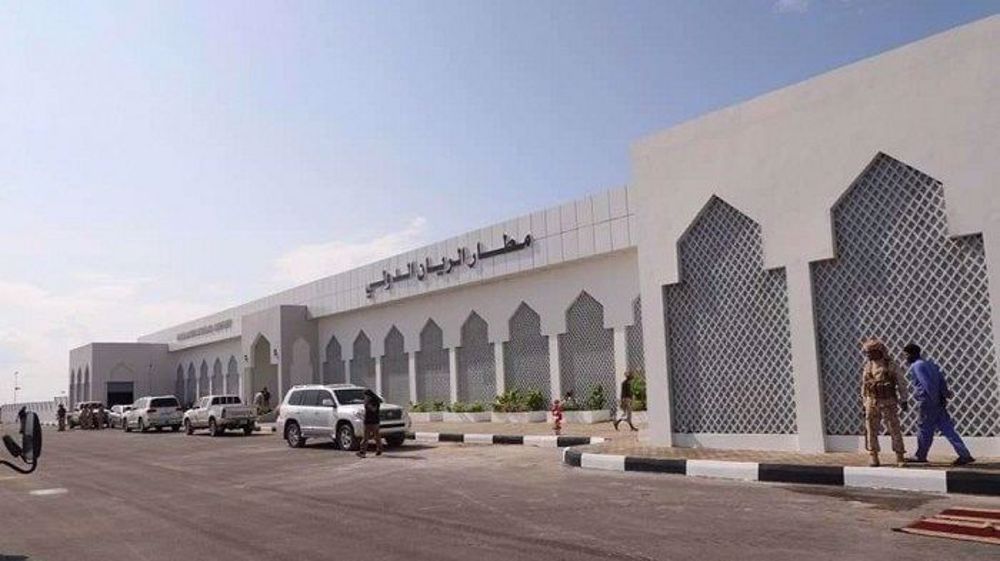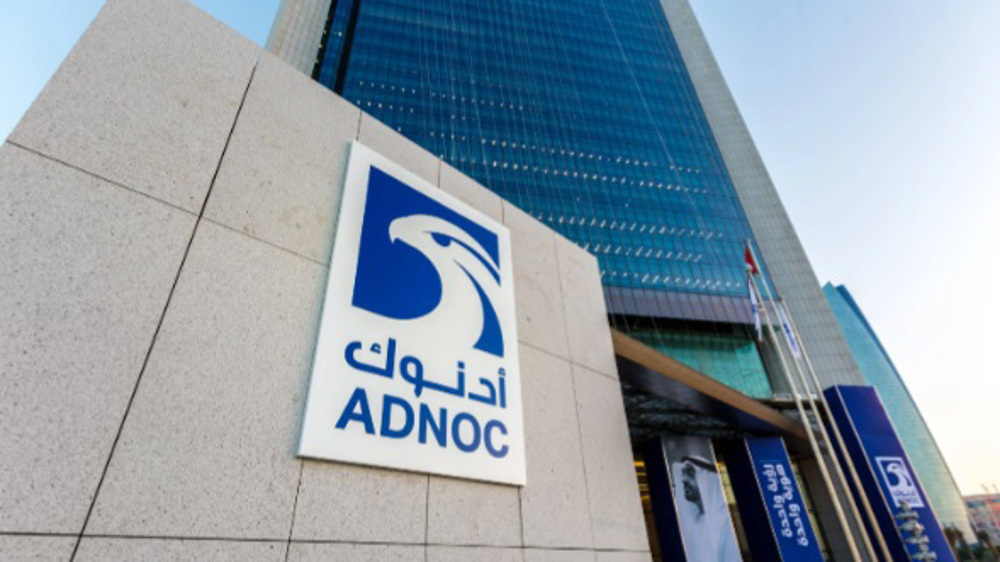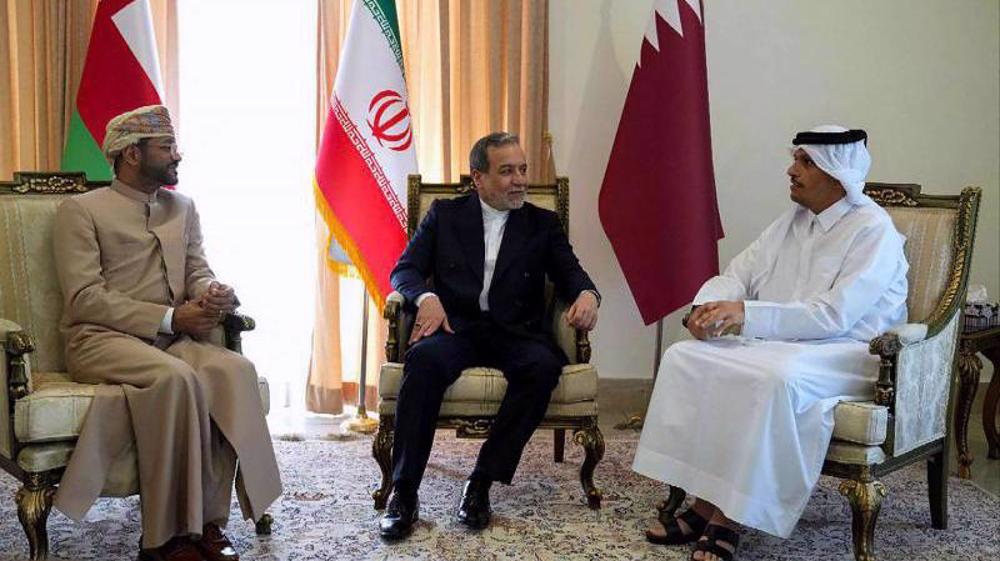Bahrain opposition warns about abuse of female activists
Bahrain’s largest opposition group has warned about the ruling regime’s sweeping arrest and abuse campaign against female activists throughout the course of a campaign of suppression that has already taken the lives of scores of dissidents.
Manama has rounded up as many as 994 women for demanding “freedom and democracy” since the start of anti-regime rallies on the island in 2011, al-Wefaq tweeted on Sunday.
The al-Wefaq said in its tweet message that Bahrain's ruling regime was subjecting women to all types of inhumane treatment, such as imprisonment, torture, and intimidation. The females were becoming “increasingly vulnerable” to the draconian methods, the movement added.
It cited the security forces’ arrest earlier in the week of three sisters, named Fatimah, Iman, and Amal, from the Diraz Village in northern Bahrain, which is under a siege imposed by the government.
Al-Wefaq described the arrests as “violation of all of the Bahraini women’s values.”
It also said the regime had separately detained a mother of two, leaving her children unsupervised.
“The Bahraini woman is a very amazing and advanced model of high understanding and an active and a great person who has sacrificed herself for her homeland,” the society insisted.
One of the most high-profile arrested female activists was Zainab Al-Khawaja who was detained in December 2014 and sentenced to three years in prison for tearing up a picture of King Hamad bin Isa Al Khalifa. She was freed during a visit by then US secretary of state John Kerry in April 2016, but her case has not been shuttered.
In mid-October, three female prisoners started a hunger strike against their insufferable incarceration conditions.
The high-profile activists, Hajer Mansoor Hassan, 49, 41-year-old Najah Ahmed Yusef, and Medina Ali, asked for the glass barriers between them to be removed and they be allowed visits by family members as well as more access to the prison’s courtyard and three phone calls per week.
The ruling Al Khalifah family has been cracking down on peaceful protests which activists say are meant to promote the people’s legitimate right to equality and freedom of expression.
It has banned all opposition groupings, including al-Wefaq, and handed down a life sentence to its leader Sheikh Ali Salman.
The regime has been leveling charges of “terrorism” and subversion against political dissidents, and has been stripping key opposition figures of their citizenship.
On March 5, 2017, Bahrain’s Parliament approved the trial of civilians at military tribunals in a measure blasted by human rights campaigners as being tantamount to imposition of an undeclared martial law countrywide.
Palestine Action activist at risk of death after beginning thirst strike in UK jail
VIDEO | South Korean supporters of Palestine slam Trump's 'Board of Peace'
Rights group: Israel continues to torture 2,000 Gaza abductees despite truce
‘Another horrific shooting’: Man killed during ICE crackdown in Minneapolis
Trump issues severe warning to Canada over potential China deal
VIDEO | Press TV's news headlines
VIDEO | US & Israeli backed terrorism unleashed on Iran incurred massive destruction
Hezbollah calls on supporters to stage rally in Lebanon in solidarity with Iran














 This makes it easy to access the Press TV website
This makes it easy to access the Press TV website